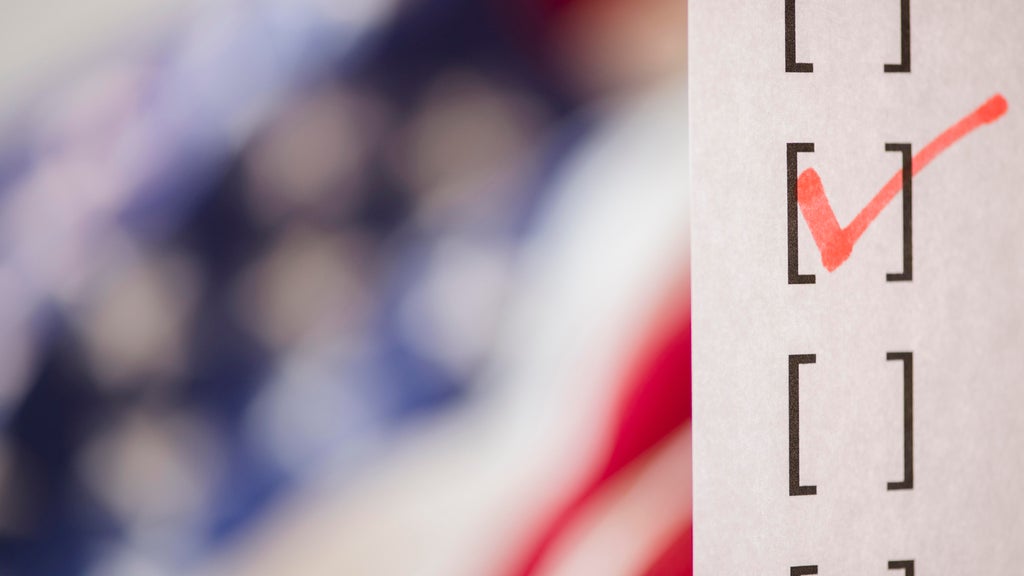Politics
Minneapolis Candidates Aim to Leverage Ranked-Choice Voting Against Frey

Municipal elections are set to take place in Minneapolis and several other cities across Minnesota on November 7, 2023. This year’s elections will utilize ranked-choice voting, a system that has yielded unpredictable outcomes in the past. Candidates in Minneapolis are particularly focused on how this voting mechanism might enable them to unseat incumbent Mayor Jacob Frey.
Ranked-choice voting allows voters to rank candidates in order of preference. This system can lead to extended ballot counting periods, as demonstrated in the 2013 Minneapolis mayoral election, which required 33 rounds of voting over three days before Betsy Hodges emerged victorious over Mark Andrew.
In a more recent example, the 2023 City Council race in Ward 8 saw Soren Stevenson initially lead over Councilmember Andrea Jenkins. However, neither candidate achieved the necessary 50% threshold in the first round, resulting in a second round where Jenkins ultimately secured the seat after receiving additional votes.
Professor David Schultz from Hamline University, who is currently writing a book on ranked-choice voting, commented that while some may view the system as unfair, it reinforces the principle that officeholders should ideally receive majority support.
As the 2025 mayoral election approaches, candidates Omar Fateh, Rev. DeWayne Davis, and Jazz Hampton have formed a coalition to support one another’s second and third-choice votes. Their strategy aims to consolidate support and challenge Frey’s reelection bid.
Ranked-choice voting has also demonstrated an impact on voter turnout in previous elections. According to FairVote, the city of Minnetonka experienced a 50% increase in voter turnout between 2021 and 2023. This trend suggests that the ranked-choice system may encourage more participation in local elections.
On a broader scale, ranked-choice voting is utilized in some statewide elections in regions such as Alaska and Maine. However, efforts to expand the use of this voting method to additional Minnesota cities were thwarted in the state legislature earlier this year.
As the election date approaches, the dynamics of ranked-choice voting will likely play a pivotal role in shaping the outcomes in Minneapolis and beyond. Candidates’ strategies and voter engagement will be critical in determining whether Frey retains his position or if a challenger emerges victorious.
-

 Sports1 week ago
Sports1 week agoSteve Kerr Supports Jonathan Kuminga After Ejection in Preseason Game
-

 Politics1 week ago
Politics1 week agoDallin H. Oaks Assumes Leadership of Latter-day Saints Church
-

 Business1 week ago
Business1 week agoTyler Technologies Set to Reveal Q3 2025 Earnings on October 22
-

 Lifestyle1 week ago
Lifestyle1 week agoDua Lipa Celebrates Passing GCSE Spanish During World Tour
-

 Entertainment1 week ago
Entertainment1 week agoZoe Saldana Advocates for James Cameron’s Avatar Documentary
-

 World1 week ago
World1 week agoD’Angelo, Iconic R&B Singer, Dies at 51 After Cancer Battle
-

 Science1 week ago
Science1 week agoChicago’s Viral ‘Rat Hole’ Likely Created by Squirrel, Study Reveals
-

 Lifestyle1 week ago
Lifestyle1 week agoKelsea Ballerini Launches ‘Burn the Baggage’ Candle with Ranger Station
-

 Health1 week ago
Health1 week agoRichard Feldman Urges Ban on Menthol in Cigarettes and Vapes
-

 Health1 week ago
Health1 week agoCommunity Unites for Seventh Annual Mental Health Awareness Walk
-

 Business1 week ago
Business1 week agoMega Millions Jackpot Reaches $600 Million Ahead of Drawings
-

 Business1 week ago
Business1 week agoMLB Qualifying Offer Jumps to $22.02 Million for 2024









